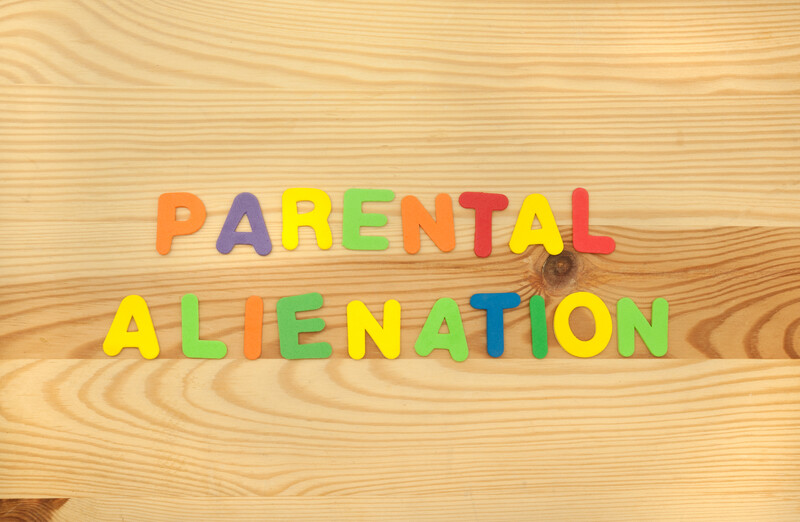The Effects of Parental Alienation and How to Prevent it

What is Parental Alienation?
Parental alienation is most common after a high-conflict divorce, when the child has a strong attachment to one parent, usually the custodial parent. Without any valid reason, such as maltreatment, the other parent is despised and rejected.
This alienation is typically fostered by the alienating parent, who forces the child to share their dislike of the other parent. By criticising the alienated parent and interfering with their relationship, the alienating parent instils in the child a dislike for their other parent. Go to child and family blog to find out more about this.
Different Types of Parental Alienation
Mild
A child with mild parental alienation is averse to visiting with the estranged parent yet enjoys spending time with them when they are alone together.
Moderate
A child with moderate parental alienation will vehemently oppose any contact with the alienated parent and will harbour hatred and hostility toward them throughout their time with them.
Severe
In severe cases of parental alienation, the child may not only refuse all contact with the estranged parent, but may even flee or hide to avoid having to see them.
What Are the Signs of Parental Alienation?
If a parent is concerned that their child is being alienated, look for the following indications, which parental alienation attorneys have observed over the years:
- Extremely pessimistic attitudes toward them. Children may also deny pleasant experiences in the past and a desire to improve the relationship.
- Seeing one parent as goof and the other as all bad.
- Regardless of what they do or say, siding with the favoured parent.
- Absence of regret for causing them pain.
- Claiming to have rejected them without the help of the other parent.
- Repeating the other parents’ words which they use towards you without understanding them.
- Becoming hostile towards your family and friends.
How Can Parental Alienation Affect Children?
Parental alienation is commonly recognised as a significant mental illness for children, based on the assumption that the estranged parent is dangerous and unfit. Low self-esteem, self-hatred, a lack of trust, despair, and substance abuse and addiction are all possibilities for children. Children may also lose the ability to love and be loved by their estranged parent. Children who have been alienated from their parents may have complicated or distant connections with the alienating parent. Children who are estranged from their parents are at a higher risk of alienating their own children.
What Steps Can You Take to Avoid Parental Alienation?
Communication with the other parent is a great way to accomplish this. If misconceptions can be resolved, additional damage can be avoided. Parents are also encouraged to keep a diary of their child’s activities. If there is a change in routine, such as a change in contract. The other parent should be informed.
You have the right to request contact with your child in writing if the other parent restricts contact for no reason. If the case goes to family court, there might be a formal request that could be used as evidence.
Is it Possible to Stop Parental Alienation?
Parental alienation is something that can be avoided. Parental alienation syndrome can be avoided with the right support. If your case is being handled by a family court, you can inform them of the difficulties so that they can be resolved as soon as possible.
What Effects Does Parental Alienation Have in the Long Run?
Parental estrangement has a well-documented long-term effect. These consequences may not become apparent until the child reaches adulthood. Children with low self-esteem, self-hatred, abandonment difficulties, a lack of trust and sadness are more prone to engage in substance misuse or addiction. The alienated parent’s animosity will be internalised by the child, who will grow to believe the alienated parent does not want or love them.